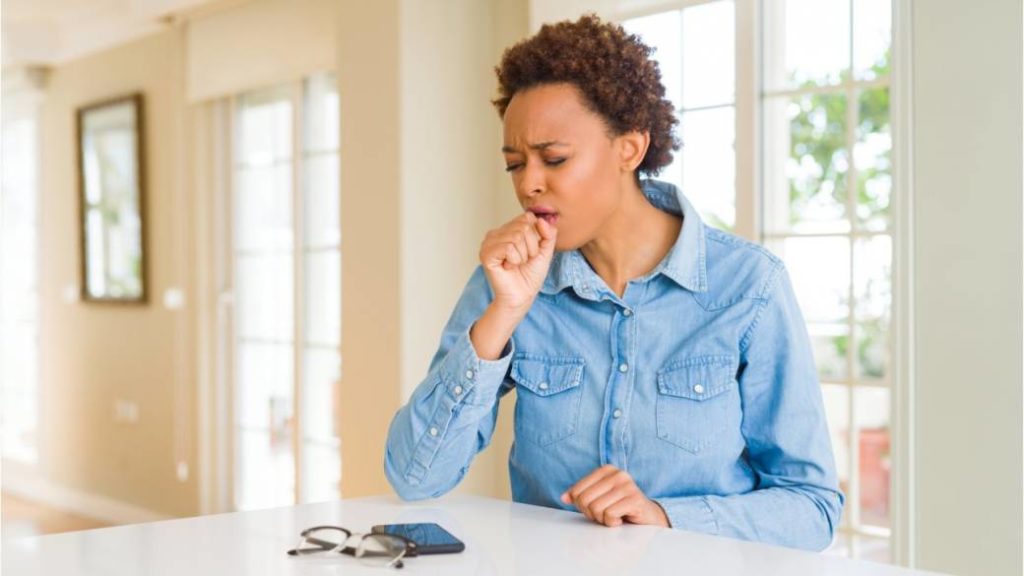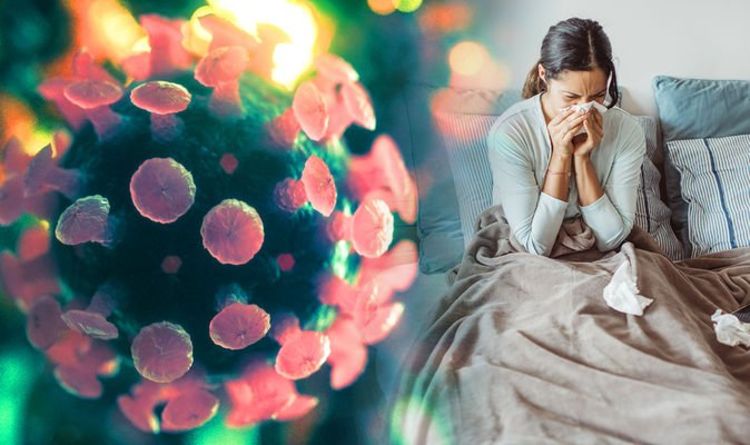
Getting infected with the Coronavirus is one of the most distressing experiences nowadays – knowing how it can affect you and the people around you – worse if it’s your family, friends, or community are the ones who got involved. The normal reaction of people is to get paranoid that the virus is everywhere, or even panic. Lots of ‘what ifs’ are filling our minds, or the thoughts that you should always be kept secure, clean – you get the idea. But let’s talk about this deeper – how can you self-isolate for 14 days?
Self-isolation means staying at home for 14 days (2 weeks) if you’ve shown symptoms of the virus or if you have a history of traveling in the last 14 days. This is the best way to keep yourself safe. It’s not only for your sake but for the community’s sake.
During these 14 days, you:

- won’t go anywhere outside your house for any reason
- won’t go to work, school or any public areas in general
- won’t buy food outdoors (you can have someone buy it for you or order by phone/online for delivery)
- you must keep a distance from all people, with a minimum of 1-2 meters
It quite an adjustment, especially if you’re the kind of person who works outdoors or has a habit of going outdoors for whatever business. However, patience is needed because it’s for society’s sake. Despite a lot of jobs are not home-based, but you can always ask your employer to work at home if possible because they will allow you even without asking further. Safety first. If you’re a student, you can be excused too.
For the most up-to-date news and information about the coronavirus pandemic, visit the WHO website.
List of the proper response to each scenario:
If you’re looking after your health and well-being while quarantined:
- take medicines like paracetamol if you have symptoms (fever, dry cough, tiredness, difficulty in breathing)
- Wear a facemask when talking to other people
- Keep yourself occupied by doing your hobbies: read a book, write, watch movies, draw, cook, play games, attend webinars, watch vlogs that captures your interests, etc.
- Keep in touch with your friends by calling them via phone or video call them
- Be patient.
- Seek medical attention if you’re a confirmed victim of the Coronavirus.
If you’re living with someone who has symptoms:
- You have to stay with them at home for 14 days until no one has symptoms.
- Keep a distance from them, about 1-2 meters away.
- Keep your surroundings clean by disinfecting the floors, bathroom, walls, etc.
- Don’t share the same items like clothes, beds, seats, utensils, plates, etc.
- Wear facemasks as much as possible.
To reduce the spread of the virus in your home:
- Separate yourself from the others. Limit your contact with other people.
- Wash your hands with soap and water often for at least 20 seconds (same length as the happy birthday song repeated twice)
- Use disinfectants like alcohol or sanitizer gel for your hands.
- Cover your mouth with a tissue or cloth (can be sleeves, EXCEPT your hands) when coughing or sneezing
- Clean the areas that you touch often such as doorknobs, handles, phones, remotes, etc. Use cleaning products like disinfectants.
- Used tissues should be thrown away immediately after usage and wash your hands afterward.
If you’re living with an old or vulnerable person
Old people are known to be more vulnerable than younger ones due to their weaker immune systems. They can have a pre-existing condition like diseases and it can be diabetes, hypertension, cardiovascular diseases, etc. These people are more at risk from COVID-19. If you’re living with them, you can continue normal activities but reduce contact with them as much as possible.
Laundry
Don’t shake your dirty laundry, because there are chances that the virus will spread through the air. Laundry the possible affected clothes would be okay, as long as it will be separated from the others. If in case you don’t have a washing machine, wait until 72 hours (3 days) after your 14-day isolation period before taking it to the laundry shop.
If you’re breastfeeding:
Presently, there are no clinical shreds of evidence that the virus can be transmitted through breast milk. However, the benefits of breastfeeding usually outweigh any potential risks of transmission of the virus through breast milk or by being in close contact with your child. Here are the tips on how to minimize the child from exposure:
- Wash your hands before and after touching the baby, towels, breast pump or bottles.
- Avoid coughing or sneezing when feeding the baby.
- Clean the breast pump as recommended.
There are lots of things to consider during the isolation period. Staying away from your normal routine is not easy, but even if the procedures are strict, do your best to follow because it’s not only for your benefit, but the benefit of your family, friends, and even the entire community. Patience and obedience is the key. Let’s help each other to stay safe from COVID-19.
Read more: CoronaVirus outbreak or biowarfare test gone wrong?
Comments
0 comments


I don’t think the title of your article matches the content lol. Just kidding, mainly because I had some doubts after reading the article. https://accounts.binance.com/fr/register?ref=DB40ITMB
I am a student of BAK College. The recent paper competition gave me a lot of headaches, and I checked a lot of information. Finally, after reading your article, it suddenly dawned on me that I can still have such an idea. grateful. But I still have some questions, hope you can help me.
You really make it seem really easy along with your presentation however I in finding this matter to be actually something that I think I’d by
no means understand. It sort of feels too complicated and extremely broad for me.
I’m looking forward on your subsequent post, I will attempt to get the hold of it!
Escape room lista
I think the admin of this web page is really
working hard for his web page, as here every stuff is quality based stuff.
Spot on with this write-up, I seriously believe that this site needs a great deal more attention. I’ll probably be returning to read through more, thanks for the info!
Right here is the right webpage for everyone who would like to find out about this topic. You realize a whole lot its almost hard to argue with you (not that I actually would want to…HaHa). You definitely put a fresh spin on a topic which has been discussed for ages. Great stuff, just wonderful.
I must thank you for the efforts you’ve put in penning this website. I really hope to view the same high-grade blog posts by you in the future as well. In fact, your creative writing abilities has inspired me to get my very own site now 😉
Good blog you have here.. It’s difficult to find high quality writing like yours these days. I honestly appreciate individuals like you! Take care!!
This is a topic that’s close to my heart… Many thanks! Where are your contact details though?
Very good post. I’m going through some of these issues as well..
Nice post. I learn something totally new and challenging on blogs I stumbleupon everyday. It’s always interesting to read content from other authors and use a little something from their websites.
I’m pretty pleased to uncover this web site. I need to to thank you for your time for this particularly wonderful read!! I definitely liked every part of it and I have you bookmarked to see new information on your web site.
An impressive share! I have just forwarded this onto a coworker who had been doing a little homework on this. And he actually bought me dinner simply because I discovered it for him… lol. So allow me to reword this…. Thank YOU for the meal!! But yeah, thanx for spending some time to discuss this topic here on your web page.
This blog was… how do you say it? Relevant!! Finally I have found something that helped me. Appreciate it!
Pretty! This was a really wonderful article. Thanks for providing this info.
I’m amazed, I have to admit. Seldom do I come across a blog that’s both educative and engaging, and without a doubt, you’ve hit the nail on the head. The problem is something that not enough people are speaking intelligently about. I am very happy I came across this in my hunt for something regarding this.
I could not refrain from commenting. Well written!
Way cool! Some extremely valid points! I appreciate you penning this write-up plus the rest of the website is extremely good.
Saved as a favorite, I like your blog!